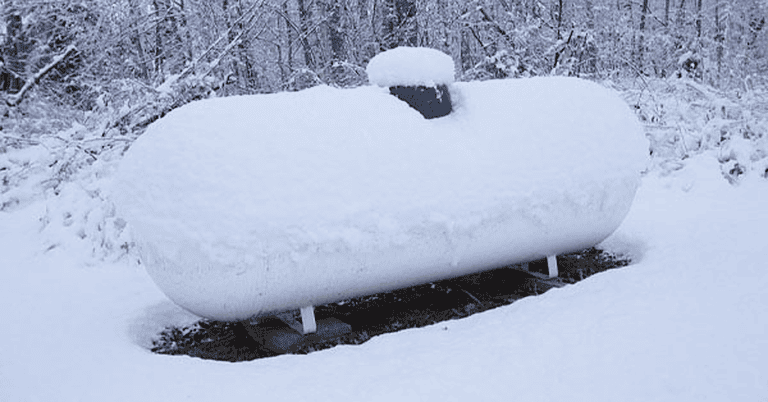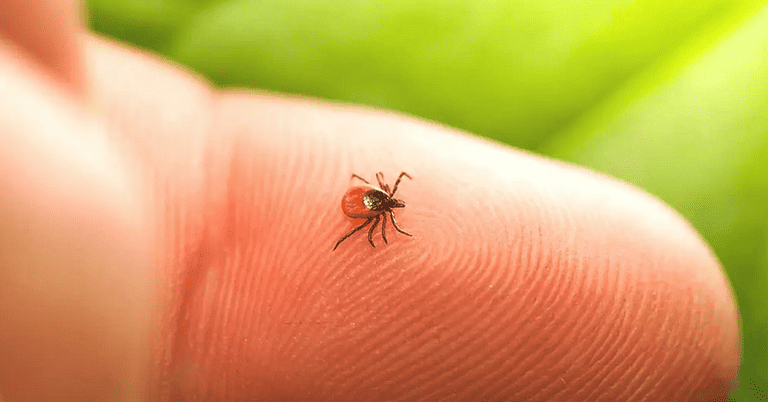What to Do if You Find a Dead Cat
Imagine walking down the street, minding your own business, when suddenly you come across a heartbreaking sight – a lifeless cat lying on the ground. It’s a distressing experience, but handling this situation properly is crucial. This article will guide you on what to do if you find a dead cat.
First and foremost, it’s important to understand the significance of proper disposal for hygiene and hazard prevention. Neglecting this responsibility can attract other animals and pose risks to drivers. So how should you handle a deceased cat? We’ll provide you with practical steps to ensure the respectful treatment of our feline friends.
Whether the unfortunate discovery is on private property or public land, there are different actions that need to be taken. We’ll walk you through all the necessary procedures so that you can make informed decisions in these difficult moments. Remember, following local laws and considering various options for proper disposal is respectful toward the departed cat and contributes to maintaining a safe environment for everyone involved. (Read Punishment For Accidentally Hitting A Mailbox)
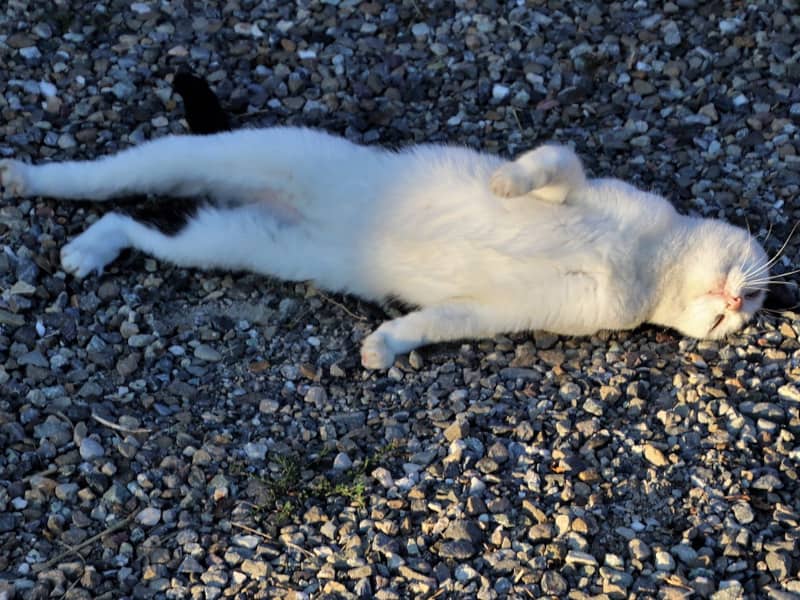
Key Takeaways
- Proper disposal of dead cats is essential for hygiene and hazard prevention, as they can spread bacteria and pathogens.
- There are options for disposal, such as contacting local animal control agencies or pet mortuaries for burial or cremation services. Still, the cost may be incurred by the person choosing the pet mortuary option.
- Improper disposal of dead cats, such as leaving them by the roadside, poses risks to drivers and attracts other animals.
- Animal Control is a professional wildlife control company that offers services for dead cat removal and other wildlife-related issues.
How to Handle a Deceased Cat
When you encounter a deceased cat, handling the situation with care and respect is essential. Properly disposing of the cat’s remains ensures hygiene and prevents spreading bacteria and pathogens.
You have options such as burying your cat on private property or seeking cremation services, but always follow local laws and regulations regarding disposal. Seeking veterinary assistance can provide guidance and support during this difficult time. Remember to approach the situation compassionately for the cat and its grieving owners.
Proper Disposal of a Dead Cat
If you come across a deceased cat, you need to know how to dispose of it properly. Here are three steps to ensure a respectful and responsible handling of the situation:
- Contact your local municipal or sanitation department to inquire about their procedures for deceased animal disposal.
- Consider options such as burial or cremation. Many cities have pet cemeteries or crematories available for this purpose.
- Follow municipality guidelines regarding curb placement, waste removal services, or other regulations.
Remember, proper disposal ensures hygiene and prevents hazards associated with deceased animals.

Burying a Deceased Cat
Burying a deceased cat provides a meaningful and personal way for pet owners to say their final goodbyes and create a lasting memorial. When choosing this option, handling the remains with care is essential. First, ensure that burying your deceased cat is allowed in your area and on your property. Dig a hole deep enough to prevent scavengers from disturbing the burial site.
Place your pet gently in the hole, cover it with soil, and mark the grave with a memorial marker or plant flowers. If burying is not an option, other ways exist to dispose of or cremate your beloved pet respectfully.
Creating Your Cat
Creating your beloved feline companion offers a dignified and environmentally-friendly option for honoring their memory. When deciding to cremate your cat who has died, it is essential to consider these important points:
- Consult with a veterinary professional to discuss the process and options available.
- Ensure you are aware of and comply with local laws regarding pet cremation.
- Choose between communal or individual cremation, depending on your preferences.
- Preserve the ashes in an urn or scattering container as a tribute to your beloved cat.
Seeking Veterinary Assistance
When faced with losing your beloved feline companion, seeking veterinary assistance can provide the compassionate support and guidance you need during this difficult time. Contact your local veterinary clinic or veterinary surgery to discuss options for handling your cat’s remains. They can offer advice on cremation services and burial options and even provide resources for grief counseling. Remember that they are here to help you navigate this emotional process and provide comfort in your time of need.
| Seeking Veterinary Assistance |
|---|
| – Contact local veterinary clinic/surgery |
| – Discuss options for handling the cat’s remains |
| – Seek advice on cremation services and burial options |
| – Inquire about resources for grief counseling |
| – Receive compassionate support during this difficult time |
Following Local Laws and Regulations
Let’s discuss what to do if you find a deceased cat.
If you come across a dead cat on private property, it is generally not the city or county’s responsibility to remove it. In this case, you have a few options:
- You can handle the removal while taking necessary precautions, such as wearing protective gloves and avoiding direct contact with the cat or bodily fluids.
- Alternatively, you may hire a local animal removal company for assistance.
However, the city or county is typically responsible for removing dead animals on public property. If you find a deceased cat in this situation, you must report it by contacting the appropriate department directly or using an online form.
Some cities even check for tags or microchips on cats to try and contact their family members. Another option is to contact your local animal shelter for guidance and assistance in handling the situation appropriately. Remember that providing closure for these beloved pets is crucial as they are cherished members of families and deserve respect even after passing away. (Read What Is Propane Tank Condensation)
What to Do if You Find a Dead Cat on Private Property
If you find a dead cat on private property, you should take several necessary steps.
First, notify the property owner so they are aware of the situation.
Next, contact your local animal control agency to report the deceased cat and inquire about their disposal policies.
It may also be helpful to consult a veterinarian to guide the situation appropriately.
Additionally, consider exploring pet cemetery services for respectful and proper disposal.
Finally, take the time to learn about local pet disposal options in your area to ensure that you are following all necessary regulations and guidelines.
Notify the Property Owner
Notify the property owner immediately if you encounter a deceased cat on their premises. It is essential to inform them of the situation so that they can take appropriate action. They may want to handle the disposal themselves or contact a professional service for assistance. By notifying the property owner, you show compassion and understanding toward their potential loss and help ensure proper arrangements for the deceased cat are made.
Contact Animal Control
Contacting animal control is crucial in this situation because they have the expertise and resources to dispose of a deceased cat properly. Getting them as soon as possible is essential to ensure that the body is handled appropriately. You can find the contact information for your local animal control agency online or in the phone book. They can guide you on properly disposing of the dead cat and may also have resources for reuniting found pets with their owners.
If you’re unsure who to contact, your veterinarian can guide you on how to proceed.
Consult with a Veterinarian
Speak with a veterinarian for expert guidance on the steps regarding the deceased cat. They can provide valuable advice and support during this difficult time. A veterinarian can help determine the cause of death, handle the remains appropriately, and discuss options for disposal or memorialization. They may also be able to assist with any necessary paperwork or documentation. Consulting with a veterinarian is essential in making informed decisions and honoring your beloved pet’s memory.
| Consulting with a Veterinarian |
|---|
| – Seek expert guidance from a veterinarian regarding the deceased cat. |
| – Receive advice on handling the remains and determining the cause of death. |
| – Discuss options for disposal, memorialization, and necessary paperwork. |
Consider Pet Cemetery Services
Consider honoring your beloved feline companion’s memory by exploring the serene and peaceful services offered at a pet cemetery. Pet cemetery services provide a dignified final resting place for the remains of a deceased cat. Many pet owners find solace in knowing that their cherished pet is laid to rest in a dedicated space designed specifically for pets.
These cemeteries offer various options, such as individual plots or communal areas, allowing you to choose what best suits your preferences and budget. (Read Why Are Flies Attracted To My Deck)
Learn About Local Pet Disposal Options
Discover the compassionate and meaningful ways your local community offers to honor the memory of your beloved feline companion. When you find a dead cat, you must know your options for proper disposal. Consider contacting a local pet cemetery for burial services if it’s a pet cat. They provide a dignified final resting place for your furry friend.
For stray cats or other animals, contact animal control or local authorities to remove the deceased animal safely.
What to Do if You Find a Dead Cat on Public Property
If you find a dead cat on public property, it’s essential to report the deceased cat to local authorities, such as your city or county’s animal control department. Please do not attempt to move the cat yourself, as risks may be involved, and it’s best to leave it to professionals.
You can ask for assistance from animal control, who can help dispose of the deceased cat. Additionally, exploring public pet disposal options and considering memorializing the dead cat can provide closure and honor their memory.
Report the Deceased Cat to Local Authorities
Notify the appropriate local authorities immediately when you come across a deceased cat. Reporting the dead cat to local authorities for proper handling and disposal is crucial. Contact your city or county’s animal control department, sanitation department, or environmental control department to inform them about the situation. They will have the necessary resources and expertise to handle the removal of the deceased cat from public property and ensure that it is disposed of properly.
Reporting the deceased cat will help maintain cleanliness, prevent hazards, and provide closure for its owners.
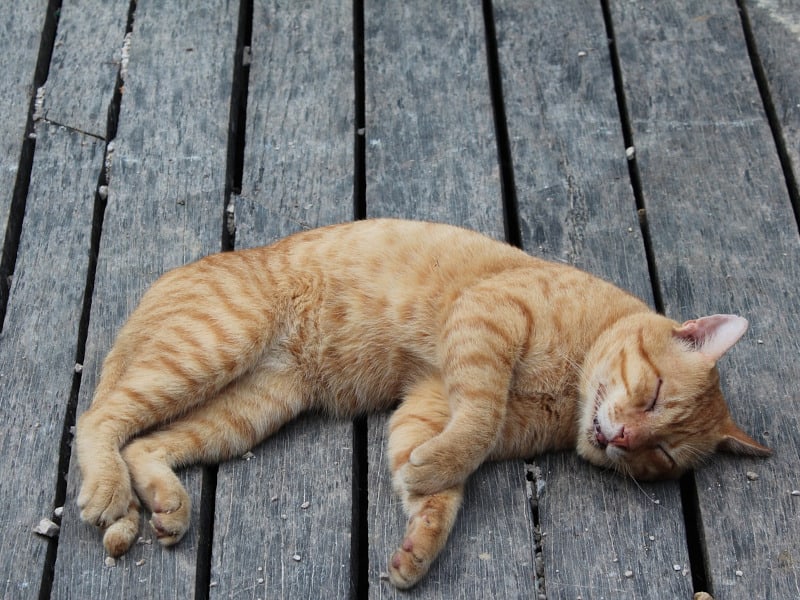
Do Not Attempt to Move the Cat Yourself
Avoid trying to handle the deceased cat on your own. Leave the task to professionals who care for the body and properly dispose of the remains. It’s important to remember that handling a dead cat requires knowledge and expertise. Instead, contact local authorities or animal control agencies with experience dealing with such situations. They will ensure the necessary steps are taken while showing compassion and respect for the deceased animal.
Ask for Assistance from Animal Control
If you encounter a deceased cat and are unsure of what to do, it’s important not to attempt to move it yourself. Instead, ask for assistance from animal control. They have the expertise and equipment to handle the situation safely and appropriately. Contact your local animal control agency or use their online reporting system to notify them about the deceased cat’s location. They will take care of proper removal and disposal, ensuring that hygiene standards are met. (Learn How To Keep Cars From Parking On My Lawn)
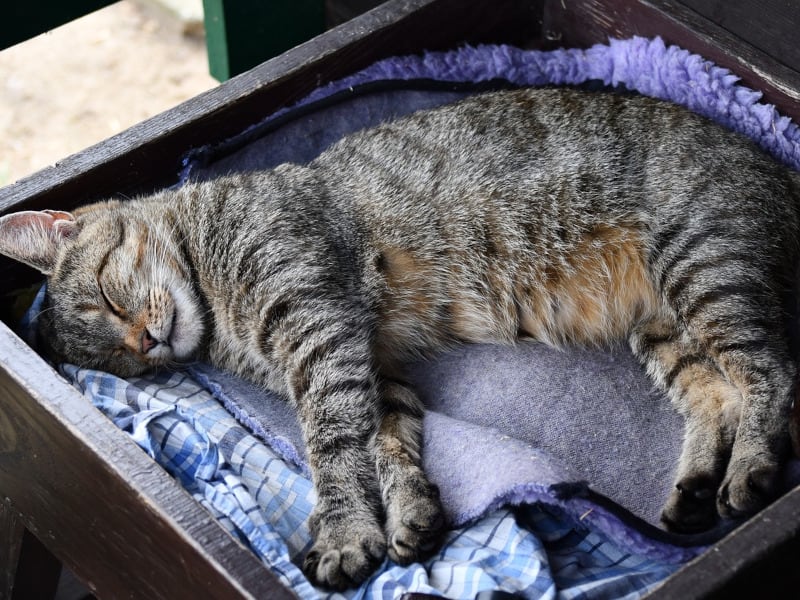
Explore Public Pet Disposal Options
Instead of seeking assistance from animal control, it’s advisable to explore the various public pet disposal options available. Here are some options to consider when you find a dead cat:
- Burial: You can bury your cat on private property or in a pet cemetery. This provides a final resting place and allows for personal memorialization.
- Communal Cremation: Public cremation services offer communal cremation, where multiple pets are cremated together. This is a cost-effective option that ensures proper disposal of the remains.
- Individual Cremation: Individual cremation is recommended if you want your cat’s ashes returned. This allows for more personalized memorials and keepsake urns.
- Check Local Regulations: It’s important to check local regulations regarding pet disposal to ensure compliance with legal requirements.
Remember, exploring these public pet disposal options can help provide closure and honor the memory of your beloved feline companion.
Consider Memorializing the Deceased Cat
Moving on from exploring public pet disposal options, it’s essential to consider memorializing your deceased cat. This allows you to honor their memory and provides a sense of closure during the grieving process. One option is to cremate your cat and receive their ashes, allowing you to scatter them in a particular place or keep them in a memorial urn. Another option is to create a private memorial for your beloved feline companion.
Conclusion
In conclusion, discovering a deceased cat is undoubtedly distressing, but handling the situation with care and responsibility is crucial. By following proper disposal guidelines, you can ensure hygiene and prevent potential hazards. Whether on private or public property, it is important to consider contacting local animal control or a pet mortuary for appropriate pickup, burial, or cremation services. Failing to do so may attract other animals and pose risks to drivers.
Remember, compassion and knowledge are critical when faced with this challenging situation.




